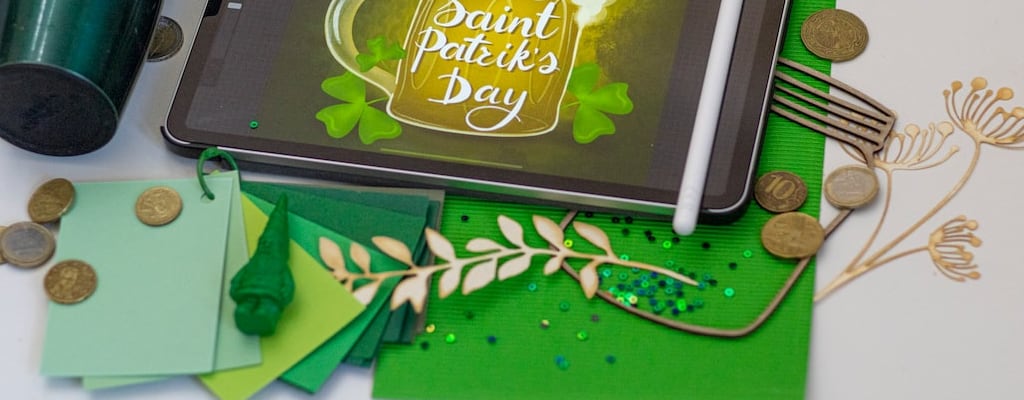ride one’s luck: Idiom Meaning and Origin
What does ‘ride one's luck’ mean?
The idiom "ride one's luck" means to depend on chance or luck, often in a risky or daring situation, rather than on one's own skills or abilities. It suggests taking advantage of favorable circumstances without having much control over the outcome.

Idiom Explorer
The idiom "run a risk" means to take a chance or engage in an activity that could have negative consequences or uncertain outcomes.
The idiom "roll the dice" means to take a risk or make a decision without knowing the outcome or consequences.
One idiom that is commonly used in American English is "roll the dice." This phrase is often used to describe taking a chance or making a risky decision. The origin and meaning of this idiom can be explored to gain a deeper understanding of its usage.
The idiom "roll of the dice" means taking a chance or accepting a situation where the outcome is uncertain and unpredictable.
The idiom "ride the wave" means to go along with or take advantage of a favorable situation or trend. It implies adapting to the circumstances and enjoying the success or benefits that come from it.
"Ride the rails" is an idiom that means to travel by train, often used specifically to refer to the experience of being a hobo and illegally hopping on trains to get from place to place.
The idiom "ride the crest of the wave" means to experience great success or to be at the peak of a positive situation. It emphasizes seizing opportunities and enjoying the benefits of being in a favorable position.
The idiom "ride tall in the saddle" means to display confidence, authority, and control in a situation. It is often used to describe someone who is self-assured and in a position of power.
The idiom "ride out" means to endure or survive a difficult situation or problem without giving up or being greatly affected by it.
"Ride on the back of" means to take advantage of someone or something for personal gain, without making an equal contribution or effort.
Decoding Serendipity
The idiom "ride one's luck" is closely related to several other idioms, including "push one's luck," "ride the wave," "luck out," and "luck of the draw." These idioms all convey the idea of luck or chance playing a role in the outcome of a situation. Let's explore each of these idioms further:
"Push one's luck" is similar to "ride one's luck" in that it involves relying on luck to achieve a favorable outcome. However, "pushing one's luck" implies going beyond what is reasonable or prudent, risking the potential for negative consequences. It suggests pushing the boundaries of luck and taking chances that may not pay off in the long run.
"Ride the wave" is another idiom that shares a similar theme with "ride one's luck." It refers to taking advantage of a positive situation or trend, much like a surfer riding the crest of a wave. This idiom conveys the idea of capitalizing on a favorable circumstance and using it to one's advantage.
"Luck out" is an idiom that is often used to describe a fortunate or lucky outcome. It suggests that luck has played a significant role in achieving a positive result. Unlike "ride one's luck," which implies a reliance on luck throughout a situation, "luck out" focuses more on the final result and the positive outcome that has been attained.
"Luck of the draw" is an idiom that is commonly used in situations where an outcome is determined by chance or luck. It refers to the random selection of something, such as winning a prize or being assigned a task. This idiom highlights the role of luck in determining the outcome and suggests that it is beyond one's control.
When we think of these related idioms in relation to "ride one's luck," we can see a common thread of relying on luck or chance to achieve a desired outcome. Whether it's pushing the boundaries of luck, capitalizing on a positive situation, experiencing a fortunate outcome, or acknowledging the role of chance, these idioms capture different aspects of relying on luck.
As an experienced Editor for HubSpot, my role is to improve articles to make them more coherent, readable, and effective. I edit articles by improving clarity, structure, and style, always following AP style rules. I remove introductory or summary paragraphs and transitional phrases, getting straight to the point. I break paragraphs into 2-3 sentences and use short sentences and simple words to improve readability. I write in a conversational style with a friendly, informal tone. I make sure to vary the language and avoid repetition. I change the structure to improve readability and ensure conciseness. I also fix grammar, phrasing, and tonal mistakes and use active voice to engage the reader.
When editing articles, it's important to consider the audience. In this case, we are writing for a well-informed audience who is interested in learning about the idiomatic expression "ride one's luck" and its related idioms. By providing clear, concise, and engaging information, we can help our audience understand the nuances and usage of these idioms.
Now, let's dive into the article and enhance it step-by-step to make it more coherent, readable, and effective. Remember to incorporate the related idioms naturally in the text, without creating new sections or paragraphs for them.
Example usage
Examples of how the idiom "ride one's luck" can be used in a sentence:
- He always waits until the last minute to study for exams, but somehow manages to pass. He really knows how to ride his luck.
- She decided to play the lottery and ended up winning a significant amount of money. It seemed like she was riding her luck that day.
- After neglecting to do his research, he went ahead and invested all his money in a questionable stock. He was really riding his luck, hoping for a positive outcome.
More "Luck" idioms

